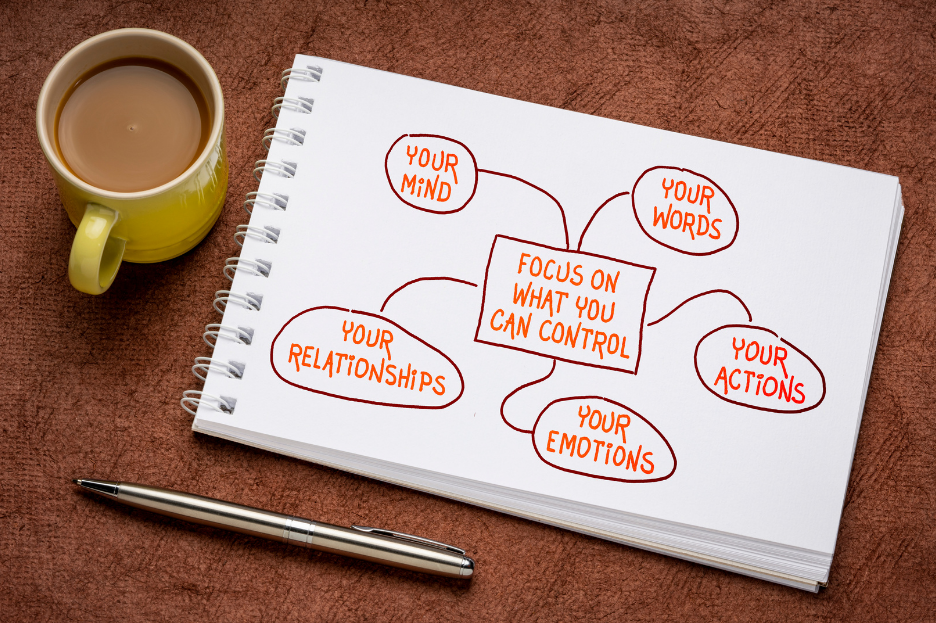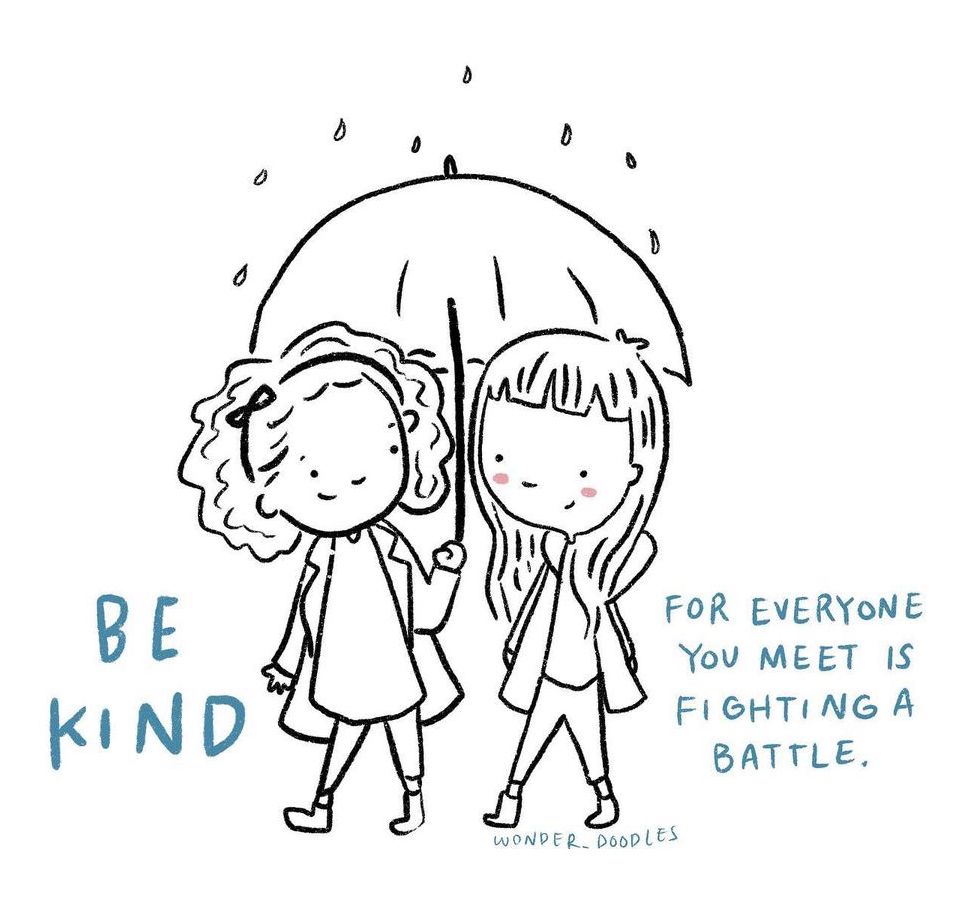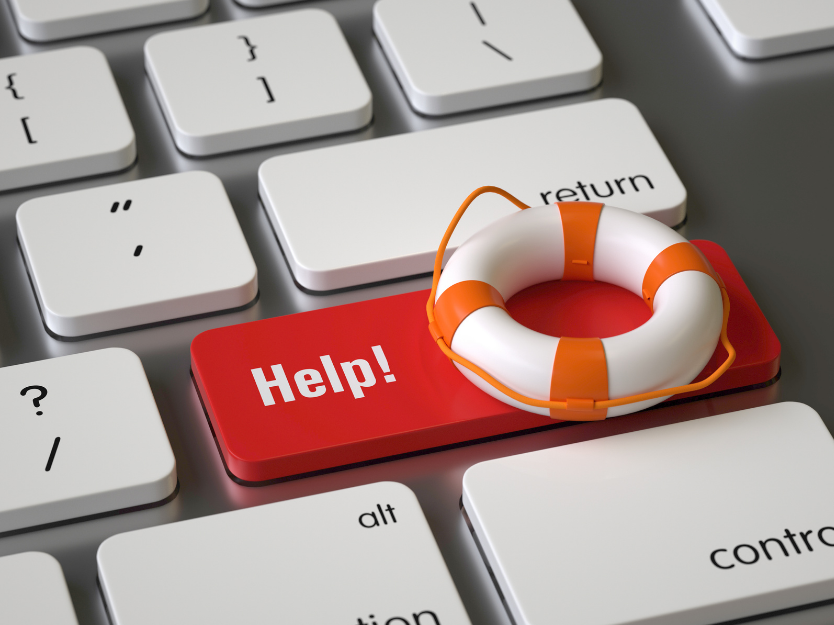Pandemic fatigue has been a buzzword for the past year or so, and will continue to be, since Covid-19 seems like it’s here to stay. But what exactly is pandemic fatigue?
According to Dr Geraldine Tan, director and principal psychologist at private clinic, The Therapy Room, pandemic fatigue is defined as “a feeling of exhaustion from the changes that the pandemic has brought about, as well as feeling a sense of dread and irritation with the constant news of the pandemic”.
Simply put, pandemic fatigue is feeling sick and tired of the pandemic and its effects. It can manifest in the form of irritability, insomnia, lethargy and the like. If you’ve been feeling unmotivated, pessimistic and even dreading work, you might very well be suffering from pandemic fatigue.

Different people experience pandemic fatigue to varying degrees. Some feel virtually no difference to their lives as they are quick to adapt, while others might not be coping well with the work-from-home or home-based learning arrangements.
It’s useful to know how to overcome pandemic fatigue so you don’t spiral into a black hole of negativity. You can try applying these tips in your daily life, to become a stronger and better version of yourself despite the pandemic.
New to Helpling? Helpling is the #1 home services provider in Singapore, trusted by both locals and expats. Try it today!
Tips to overcome pandemic fatigue
1. Be aware, be in control, and be honest

It’s hard to shut it all out when you’re being bombarded by news and updates of Covid-19. Instead of trying to block out all the negative news, acknowledge that the pandemic is something you can’t control. What you can control is how you respond to it, so be aware and be in touch with your emotions.
Look out for warning signs of pandemic fatigue such as feeling restless, unmotivated, or not wanting to socialise. Pent-up emotions of anxiety and uncertainty caused by the pandemic can eventually result in more serious repercussions if not acknowledged or dealt with.

Check-in with yourself every day – keep a journal or diary to observe your feelings and see if you notice any patterns.
2. Create a routine that works well for you

The pandemic has thrown all of us a curveball and disrupted the balance that many of us have gotten used to over the years. Whether it is the switch from working in the office to working from home, or having to learn via home-based learning, we’re all affected in one way or another.

A way to gain back some balance in your life is to create a routine that works for you. Instead of waking up 5 minutes before you start work and working in your pyjamas, wake up earlier to have breakfast, or arrange a workout right after you knock off. Having a routine would help you cope with the changing situation and improve your stress levels.
You don’t have to follow the routines of others, find something that works for you! Include things that you enjoy doing or things that help you de-stress.
3. Cultivate a good sleeping habit

Notice yourself feeling tired all the time? You’re not alone. With work-from-home arrangements, the line between work and personal life has inevitably been blurred and you might be working longer hours.
Previously when we worked in the office, we were able to focus fully on work during working hours. At home, there are more distractions – kids, pets, plants, deliveries, parents, snacks – and it requires more energy to stay focused. So you might feel more tired than before.

That’s why it’s important to cultivate a good sleeping habit. How much you sleep and the quality of your sleep greatly affects your energy levels. Create a bedtime routine for yourself, such as having wind-down time and sleeping at a fixed time every day. It’s also useful to stay away from your bed throughout the day and reserve your bed for sleep.
4. Maintain physical activity (any form of it!)

Besides sleeping well, staying active is an effective way to maintain better physical and mental health. The beginning is always the hardest, but once you start, it’ll get easier. Exercising releases endorphins which can help relieve stress and make you feel good. Being active also helps get your mind off work or negative news.
If you haven’t been exercising regularly, start small. Pick something of low-to-moderate intensity and something that you enjoy. When you have a positive experience of the activity or exercise, it’s more likely that you’ll do it again and maintain the habit.

Having an exercise buddy or group of friends can also make exercising more fun. Although we can’t head out in groups now, you can use video calls to work out together. This makes it both a physical activity and a social activity. Exercising not only helps with overcoming pandemic fatigue, but you’ll also become stronger, literally!
5. Adopting healthier work habits

This is a tough one. Many of us are probably guilty of working more hours than we should, just because we’re working from home. It’s an unhealthy practice that you should try to cut out, especially if you’ve been feeling pandemic fatigue.
Try to have clear work hours and disconnect after those hours. Just like if you were to physically work in the office, you’d report to work at a certain time, have lunch at a certain time, and knock off at a certain time. It’s useful to keep to these working hours even when you’re working from home.

It might be tempting to check on some work emails whenever you have time in the evenings but remind yourself that the emails will still be there tomorrow. Unless it’s something extremely urgent that you have to attend to immediately, disconnect and keep the time for yourself and your loved ones.
6. Be kind to yourself and others

We’re living in unprecedented times. So don’t be so hard on yourself and others!
You might be feeling lethargic or unproductive, but know that you’re not alone. Count the small wins and congratulate yourself for coping thus far. Do something to show yourself some love every day. It can be anything – putting on a mask before bed, watching a few episodes of your favourite series, or playing your favourite computer game.

Be kind to others as well. Everyone has their own struggles; you never know what someone else is going through so it’s important to be empathetic and kinder during these tough times. Even if you’re having feelings of frustration, don’t be quick to take it out on others. Take deep breaths to calm yourself down before reacting.
During these tough times, we need to band together and help each other to emerge from the situation stronger!
7. “Safe distancing” doesn’t mean “social distancing”

Keeping a physical distance from others doesn’t mean you have to be socially distant! You can still engage in activities that allow you to be socially connected with others.
Find ways to keep up with your friends and loved ones, whether through video calls, sending care packages, or attending an online workshop together. These social activities can be a source of support and comfort while still staying safe at home.

Sometimes, a simple phone call or text message can make someone’s day or pull them out of a rut. Let’s be generous with our texts and check in with others every now and then!
8. Cultivate a new habit or learn a new skill

Since we’re spending much more time at home, why not cultivate a new habit or learn a new skill? It could be something that you’ve always wanted to learn but haven’t got the time to, or cultivating a good habit like reading a chapter of a book every day.
Grab a friend with you and try something new together. It could be that pottery workshop you’ve always wanted to attend, or trying a new bread recipe. Remember – baby steps are better than nothing!
9. Ask for help

If you notice that you’re languishing and it’s getting out of hand, don’t be afraid to ask for help. It doesn’t have to be in the form of professional help like speaking to a therapist. Even something as simple as asking a friend to come over to babysit or pet-sit while you take time off for yourself can do loads for your mental health.
Of course, if you need professional help, there’s absolutely no shame in speaking to someone. In fact, there are many resources where you can speak to someone online, so it’s just between you and your therapist.

While we at Helpling can’t help with counselling, we can help with the housework! Whenever you need a hand to deal with the piles of laundry, sticky and dusty floor, or oily kitchen, make a booking and we’ll be there for you. We’ll make your home spick and span so you won’t have the added worry of cleaning the house. Take time for yourself and relax; you deserve it!

To anyone who needs to hear this, you don’t need to justify taking care of yourself. You deserve to eat well, sleep well, and work well so that you don’t burn out. We hope these tips will help you overcome or prevent pandemic fatigue and emerge from Phase 2 stronger, both physically and mentally! Hang in there, we’ll get through this!
New to Helpling? Book now to experience our 5-star quality services for yourself!
Follow Helpling’s social media channels such as Facebook and Instagram for more content and tips.






